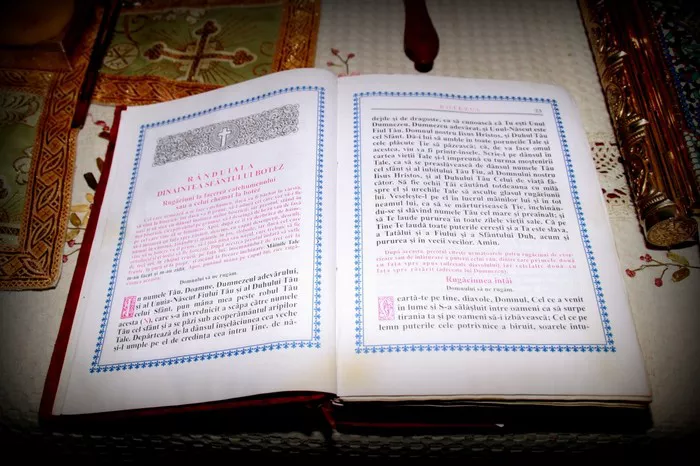The narrative of Moses‘ infancy in the biblical book of Exodus is shrouded in intrigue and significance. Among the pivotal events that shape the trajectory of Moses‘ life, his concealment for three months stands out as a moment pregnant with meaning. Scholars and theologians have long pondered the reasons behind this act of concealment, delving into historical, cultural, and theological contexts to unravel its complexity. In this article, we embark on a scholarly exploration to unveil the mystery behind why Moses was hidden for three months.
Historical and Cultural Context
To comprehend the significance of Moses’ concealment, it is imperative to grasp the historical and cultural backdrop of ancient Egypt. During the time of Moses’ birth, Egypt was under the oppressive rule of Pharaoh, who issued a decree to kill all Hebrew male infants (Exodus 1:15-22). This decree was a manifestation of Pharaoh’s fear of the burgeoning Hebrew population, posing a potential threat to his reign.
In defiance of Pharaoh’s decree, Moses’ mother, Jochebed, concealed him for three months (Exodus 2:2). This act of defiance against an unjust authority underscores the courage and faith of Jochebed, as well as her determination to protect her son at any cost. The duration of three months holds symbolic significance, suggesting a period of gestation and preparation before Moses’ destiny unfolds.
Theological Significance
The concealment of Moses for three months carries profound theological implications within the broader narrative of Exodus. In the biblical narrative, Moses emerges as a central figure chosen by God to deliver the Hebrew people from bondage in Egypt. His concealment in infancy foreshadows his role as a deliverer and prophet, ordained by God for a divine purpose.
Furthermore, the three-month period of concealment mirrors other significant biblical motifs, such as the forty days of rain during the flood in Genesis and the forty years of wilderness wandering endured by the Israelites. This symbolism of testing, purification, and preparation underscores the transformative journey that Moses and the Hebrew people are destined to undertake.
Psychological Interpretation
From a psychological perspective, the act of hiding Moses for three months can be interpreted as a maternal instinct to protect her child from harm. Jochebed’s decision to conceal Moses reflects the universal maternal instinct to safeguard one’s offspring, even in the face of perilous circumstances. This act of maternal protection transcends cultural and historical boundaries, resonating with the innate human desire to nurture and preserve life.
Moreover, the three-month period of concealment may also symbolize the vulnerability and dependency of infancy. During the first three months of life, infants are particularly fragile and reliant on maternal care for survival. By hiding Moses for this duration, Jochebed ensures his safety during this critical phase of development, laying the foundation for his future role as a leader and deliverer.
Divine Providence
Ultimately, the concealment of Moses for three months is imbued with the overarching theme of divine providence. Throughout the biblical narrative, God’s hand is evident in guiding and shaping the course of human history, often working through ordinary individuals to accomplish extraordinary purposes. In the case of Moses, God’s providential care is manifested through Jochebed’s courageous act of concealment, ensuring his preservation and eventual fulfillment of his divine calling.
Conclusion
In conclusion, the concealment of Moses for three months is a multifaceted phenomenon that defies simple explanation. Embedded within the historical, cultural, theological, and psychological layers of the biblical narrative, this act of concealment resonates with profound significance and symbolism. From Jochebed’s maternal instinct to God’s providential care, the concealment of Moses foreshadows his pivotal role in the liberation of the Hebrew people and underscores the timeless themes of courage, faith, and divine intervention. As we unravel the mystery behind why Moses was hidden for three months, we gain deeper insight into the intricate tapestry of biblical history and the enduring relevance of its narratives.


